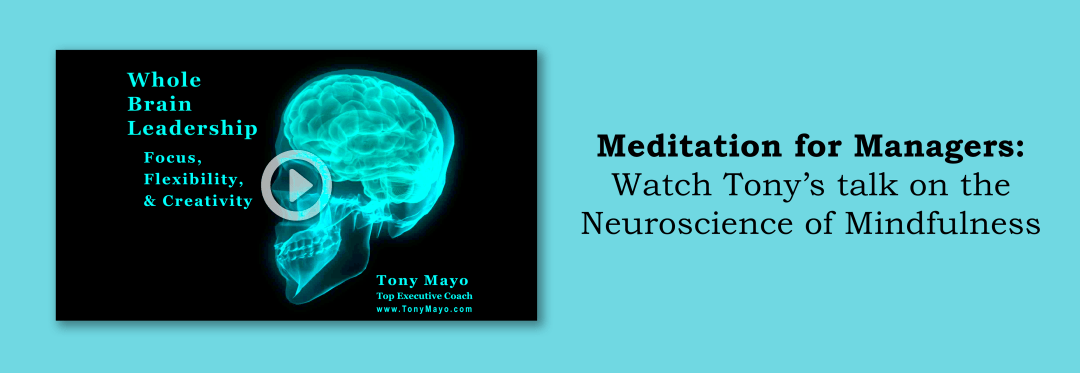The Power of Concentration – New York Times
The core of mindfulness is the ability to pay attention. …less about spirituality and more about concentration: the ability to quiet your mind, focus your attention on the present, and dismiss any distractions that come your way.
…[Of] those who had received the mindfulness training. Not only did they report fewer negative emotions at the end of the assignment, but their ability to concentrate improved significantly. They could stay on task longer and they switched between tasks less frequently. …They also remembered what they did better than the other participants in the study.
— The Power of Concentration
By Maria Konnikova
in The New York Times
on December 15, 2012
See free, easy Meditation Instructions on this blog.





Recent Comments